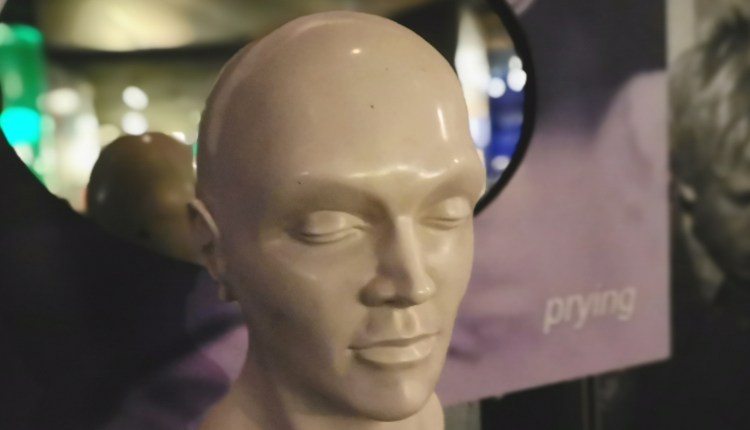Want smarter insights in your inbox? Sign up for our weekly newsletters to get only what matters to enterprise AI, data, and security leaders. Subscribe Now
(Reuters) — Facebook is opening up its face recognition technology to all users with an option to opt out, the social media company said on Tuesday, as it discontinued a related feature called “Tag Suggestions.”
The old feature enabled users to choose whether Facebook could suggest that their friends tag them in photos, without giving them control over other uses of the technology.
The face recognition setting, available to some Facebook users since December 2017, has additional functions such as notifying account holders if their profile photo is used by someone else.
People who opt in to the new setting will still have tag suggestions automatically generated about them.
AI Scaling Hits Its Limits
Power caps, rising token costs, and inference delays are reshaping enterprise AI. Join our exclusive salon to discover how top teams are:
- Turning energy into a strategic advantage
- Architecting efficient inference for real throughput gains
- Unlocking competitive ROI with sustainable AI systems
Secure your spot to stay ahead: https://bit.ly/4mwGngO
Facebook’s face recognition technology has been at the center of a privacy related lawsuit since 2015.
The lawsuit by Illinois users accused the company of violating the state’s Biometric Information Privacy Act, claiming it illegally collected and stored biometric data of millions of users without their consent.
Last month, a federal appeals court rejected Facebook’s effort to undo the class action status of the lawsuit.
“We have always disclosed our use of face recognition technology and that people can turn it on or off at any time,” Facebook said last month.
The company said it continues to engage with privacy experts, academics, regulators and its users on face recognition and its control options.
(Reporting by Neha Malara in Bengaluru; Editing by Arun Koyyur and Richard Chang)


